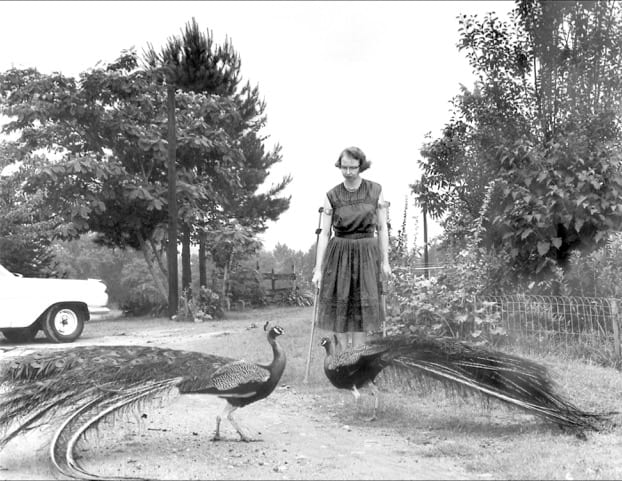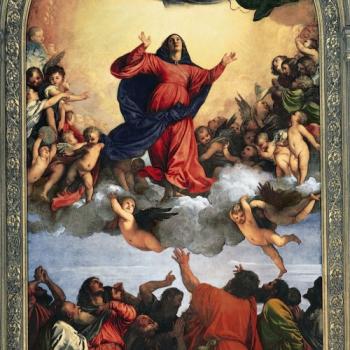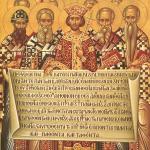A COUPLE WEEKS AGO, on my BART train commute home, I got distracted by my smart phone and accidentally got off one stop too soon. I realized my mistake just as the train doors were closing. D’oh!
I buried my face in my phone again to pass the time until the next train, but something made me look up and forget the electronic toy in my hand. Someone was playing a jazz standard on a trumpet upstairs, and there was something in his playing that demanded attention — a soulfulness and effortless virtuosity I’d never heard from a street musician.
“This guy’s good. Really good,” I thought and headed for the stairs. I had to see who was making such great jazz.
At the top of the stairs was an African-American man with a gray goatee and wire-rimmed glasses sitting on a milk crate, eyes closed, and he was telling pure, blue truth with every note. I’m kind of a jazz head, and I have listened to a lot of great musicians both live and in recordings, and this guy could have held his own with any musician I’d ever heard — not just technically, but also in the eloquence of his communication. The best jazz is not about technical flash (someone needs to explain that to Wynton Marsalis) but more about saying something that needs saying, in a way that an attentive listener can relate to in some way.
I listened for a bit, transfixed, and when he was done I complimented his playing and asked if he ever played any Miles Davis. He told me he had known and played with Davis. It turns out I was talking with a guy named Earle Davis, and he had played with every jazz musician I could name.
There was a club called Minton’s Playhouse in New York City where the transition from Swing to Bop was worked out in legendary jam sessions in the 1940s and ’50s by Dizzy Gillespie, Thelonious Monk, Miles Davis, Charlie Parker, Kenny Clark and others. Earle had played with them all. He told me stories of jamming with Monk at some ungodly hour at Minton’s. He’s lived quite a life.
I talked with him for most of an hour, ignoring the trains that came and went, but eventually my stomach reminded me that I needed to get home, so I bought a CD of him playing in Sun Ra’s Arkestra — for the uninitiated, Ra’s band has made some of the more challenging music out there — and reluctantly parted ways with my new friend.
As I descended the stairs to the platform, it occurred to me that in a world of perfect justice, Earle Davis would be living a comfortable life, adored by millions and celebrated as a national treasure. Yet here he was at a BART station at 5:30 on a Tuesday, playing for change.
Earle’s obscurity is sadly emblematic of the way America has always treated its artists. This country has always been an incredibly dynamic place, in love with the new, always searching for the Next Big Thing, and ruthlessly casting aside the old — “been there, done that” is a very American expression. Whatever America is, it is never boring, but the price of this dynamism and innovation is that people like Earle, who people think of as yesterday’s news, often get deprived of the honor and the thanks they have certainly earned.
Here’s the thing, though. Earle Davis was one of the most truly free men I have ever met. His life was about doing his art, with people of like mind. He’s a good enough musician that he could easily get hired for a cushy gig playing on movie soundtracks or for Broadway musicals or whatever, but he prefers living as he does, seeking out and jamming with fellow jazz musicians, just playing his truth and hearing theirs.
I think the majority of musicians are interested in truth, you know — they’ve got to be because a musical thing is a truth. If you play and make a statement, a musical statement, and it’s a valid statement, that’s a truth right there in itself, you know. If you play something phony you know that’s phony. All musicians are striving to get as near perfection as they can get. That’s truth there, you know. So in order to play those kind of things, to play truth, you’ve got to live with as much truth as you possibly can.
– John Coltrane
We Americans spend our days immersed in lies — dishonesty is ubiquitous. We are bombarded by advertising — billboards beside the highway, television, radio, the Web, magazines, newspapers — filled with lies designed to tell us that some product can fill the emptiness in our souls. Some of us make our living writing copy for those ads. Most of us, to one degree or another, buy into the basic idea being peddled, that this product or the next can fill the hole in our hearts that can only be filled by love and truth.
Truth can be hard to hear, especially for people with a big stake in the lie, and telling it sure doesn’t get you invited to the Kennedy Center. But then I’m pretty sure Earle has never pined for that invitation. I could stand to be more like him. Most of us could.
















